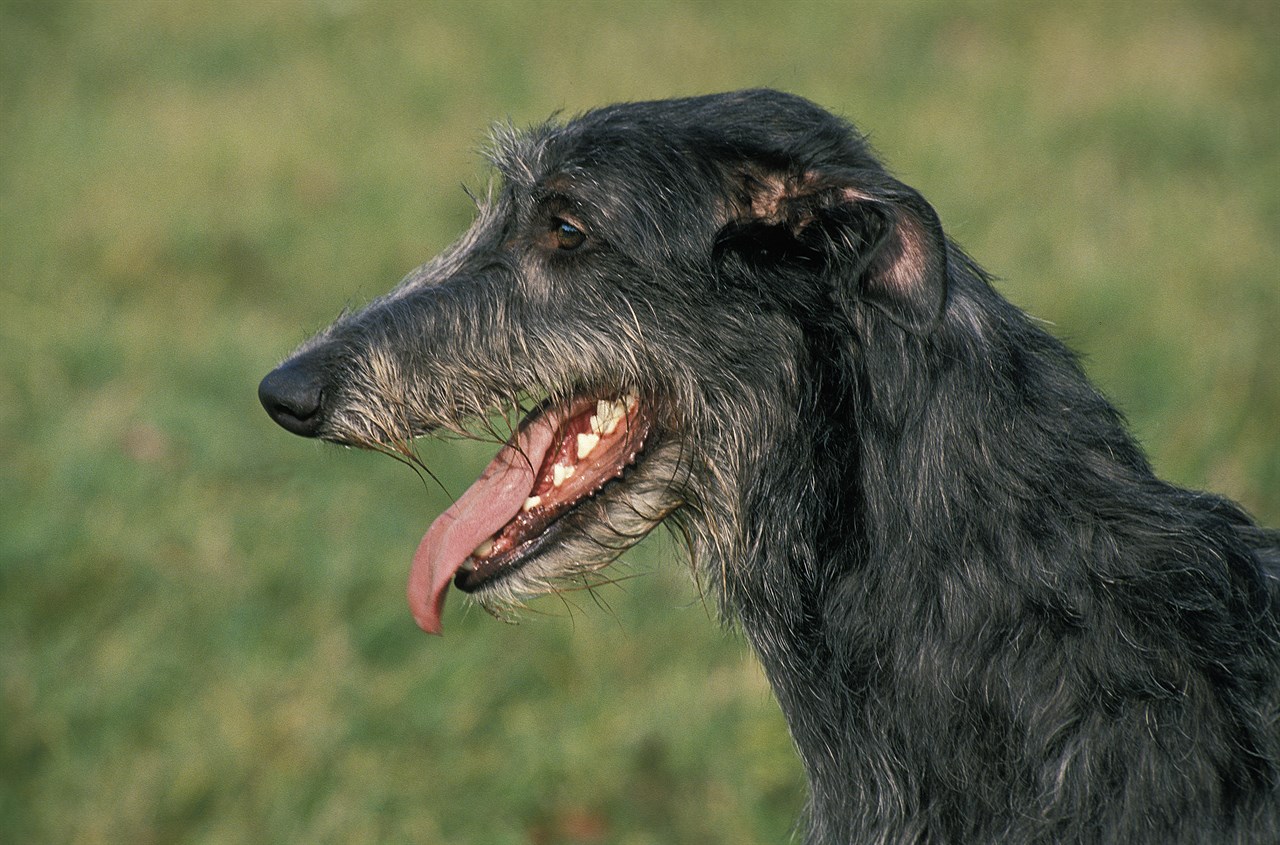Deerhound Lifespan: Embracing a Regal Companion

The expected lifespan of a Deerhound, like most dog breeds, can vary based on various factors, including genetics, overall health, and the quality of care they receive throughout their lives. Deerhounds are generally considered a relatively healthy breed with a reasonable lifespan. Here's what you can expect in terms of their life expectancy.
Average Deerhound Lifespan
On average, a Deerhound's lifespan typically ranges from 7 to 9 years. Some individuals may live beyond this range, while others may have a slightly shorter life expectancy. Genetics play a significant role in determining how long a Deerhound will live.
Factors Influencing Lifespan
Several factors can influence the lifespan of a Deerhound:
- Genetics: The genetic makeup of a dog plays a substantial role in determining their longevity. Breeding practises that prioritise health and longevity can contribute to longer lifespans.
- Nutrition: Providing a balanced and high-quality diet is essential for a Deerhound's overall health and can contribute to a longer, healthier life.
- Exercise and Activity: Regular exercise and mental stimulation help keep a Deerhound in good physical and mental shape, potentially extending their lifespan.
- Preventive Healthcare: Regular check-ups with a veterinarian, vaccinations, and preventive measures against common health issues can contribute to a longer, healthier life for your Deerhound.
- Environmental Factors: A safe and comfortable living environment free from hazards can prevent accidents and injuries that might shorten a dog's life.
- Responsible Breeding: Purchasing a Deerhound from a responsible breeder who screens for hereditary health conditions can increase the likelihood of a longer life.
Common Health Concerns
While Deerhounds are generally a healthy breed, they can be prone to certain health issues that can affect their lifespan. Some of these health concerns include:
- Bloat (Gastric Torsion): Large, deep-chested breeds like Deerhounds can be susceptible to bloat, a life-threatening condition. Feeding smaller, frequent meals and avoiding vigorous exercise after eating can help reduce the risk.
- Cardiomyopathy: Some Deerhounds may develop heart conditions, such as dilated cardiomyopathy. Regular veterinary check-ups can help detect and manage these issues.
- Osteosarcoma: This is a type of bone cancer that can affect Deerhounds. Early detection and prompt treatment are essential for a better prognosis.
In conclusion, while the average lifespan of a Deerhound falls within the range of 7 to 9 years, many factors can influence an individual dog's longevity. Providing proper care, regular veterinary check-ups, a balanced diet, and a safe environment can contribute to a longer and healthier life for your regal Deerhound companion. Responsible breeding practises also play a vital role in the breed's overall health and longevity.
Deerhound puppies for sale
- Find Deerhound puppies for sale in ACT
- Find Deerhound puppies for sale in NSW
- Find Deerhound puppies for sale in NT
- Find Deerhound puppies for sale in QLD
- Find Deerhound puppies for sale in SA
- Find Deerhound puppies for sale in TAS
- Find Deerhound puppies for sale in VIC
- Find Deerhound puppies for sale in WA